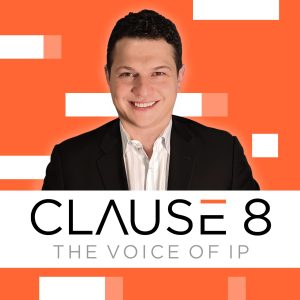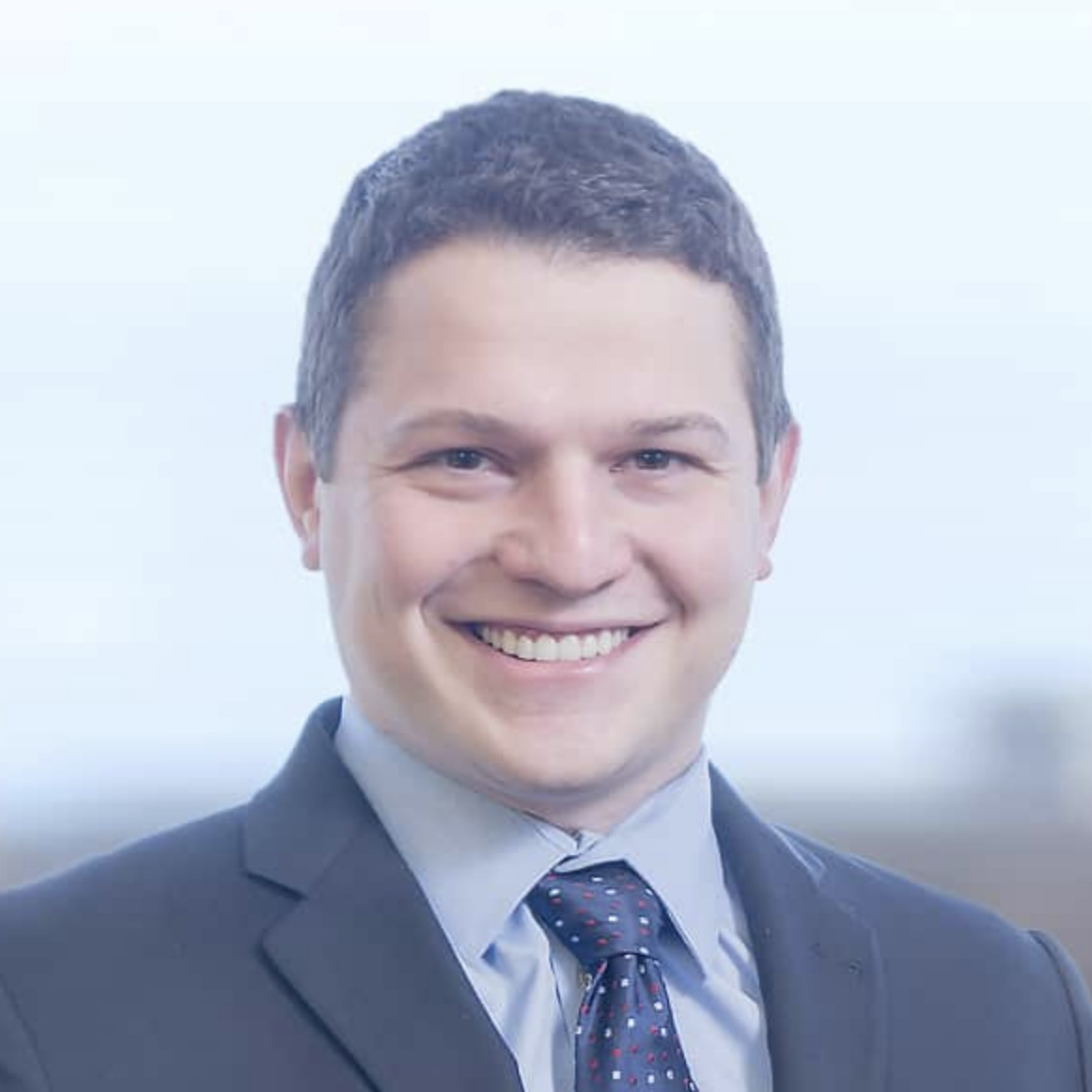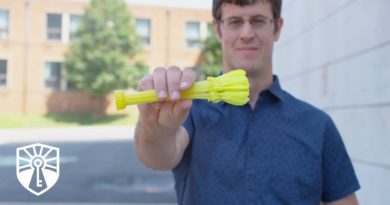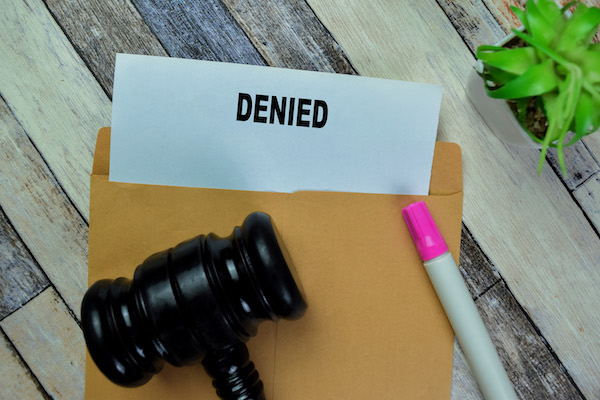Addressing Patent Eligibility Stress Disorder and Embracing the AI Future
Attorneys are, by nature, skeptical and risk averse. I was repeatedly reminded of this over the last few months listening to discussions about using AI for patent practice and Senators Thom Tillis (R-NC) and Chris Coons’ (D-DE) latest effort to fix the patent eligibility mess (via the Patent Eligibility Restoration Act (PERA) of 2023).
Amid the initial excitement over ChatGPT’s launch, IP attorneys rightfully turned their attention to the risks and pitfalls of using AI. However, I was surprised about the extent to which that became the focus of conversations regarding using AI for patent practice. Although I think – like in most other professional fields –patent attorneys have accepted the notion that AI will play a major role in their practice at some point in the distant future, the general consensus seems to be that the risks are too great, and the payoff is too small for that to happen anytime soon.
When it comes to the patent eligibility mess, most patent attorneys realize that almost any alternative is better than the current state of Section 101 jurisprudence. To date, the latest iteration of PERA is the best legislative effort to provide predictability and stability for patent eligibility while anticipating the bad faith arguments that previous versions of the bill faced. Yet, after seeing how badly courts and the U.S. Patent and Trademark Office (USPTO)s have dealt with the aftermath of the Supreme Court’s Mayo and Alice decisions, too many litigation and prosecution attorneys fear that will continue even after PERA becomes law.
On this first episode of the season, I share my thoughts about embracing AI and PERA. I will discuss:
- The horrific October 7 terrorist attacks on Israel and my “first IP interview” with then Israel Patent Office Director, Asa Kling;
- ChatGPT spurring changing attitudes towards potential of AI compared to when I interviewed DABUS’ legal mastermind Ryan Abbott;
- Patent practitioners failing to embrace new software tools and related skepticism regarding using AI;
- How the USPTO’s first Director of Emerging Technologies, Jerry Ma, and the rest of the USPTO have led on AI;
- Will AI draft better claims than the average patent attorney in 10 years?;
- Big Tech’s current view of state of America’s patent system and impact on patent policy debates;
- Takeways from moderating IPWatchdog LIVE panel with previous Clause 8 guest David Jones, America Invents Act’s “author” Joe Matal, and John Lee – Rep. Darrell Issa’s Chief Counsel for IP;
- Impact of patent eligibility stress disorder (PESD) on debates regarding PERA;
- Why patent community should embrace PERA to fix Section 101 mess;
- Massie going MIA on patent issues; and
- Why Tillis is inventors’ best hope to pass meaningful legislation.
On PERA:
“Wow! The Section 101 mess would be fixed. It would undo the complete mess that the jurisprudence is today. And it would be a huge win for those who believe that we should have some predictability, a stable patent system where inventors, innovators, and investors know that what is patent eligible under U.S. law. If you believe that, if you believe that patents are good, if you believe that stability and predictability are good, you should support the Patent Eligibility Restoration Act.”
USPTO Leading the Conversation on AI
“The USPTO has really been at the forefront of the conversation about AI, not only within government, within the USPTO, but also within the patent [community] and the whole ecosystem that comes with that. So, when ChatGPT came out, they were ready for it much more than most because they’ve been deeply thinking about these topics thanks to Jerry Ma and his whole impressive team over there that focuses on those issues.”
Patent Community’s True Allies on Capitol Hill
“That’d be an important thing to keep in mind. Who will be your real ally to really advance—to not just be unhappy, to not just highlight the issues with the patent system but to actually improve the patent system? Who is willing to do that hard work to make that possible?
I think it’s an easy call. Senator Tillis is somebody who has devoted his senate career to working on a bipartisan basis and trying to make a positive impact, to forge coalitions, to forge bipartisan understandings that are necessary to get IP legislation into law.”
Eli Mazour
Eli Mazour is a Partner with Harrity & Harrity LLP in Fairfax, Virginia, where he leads the firm’s patent prosecution team. Eli’s practice focuses on helping large technology companies build […see more]







